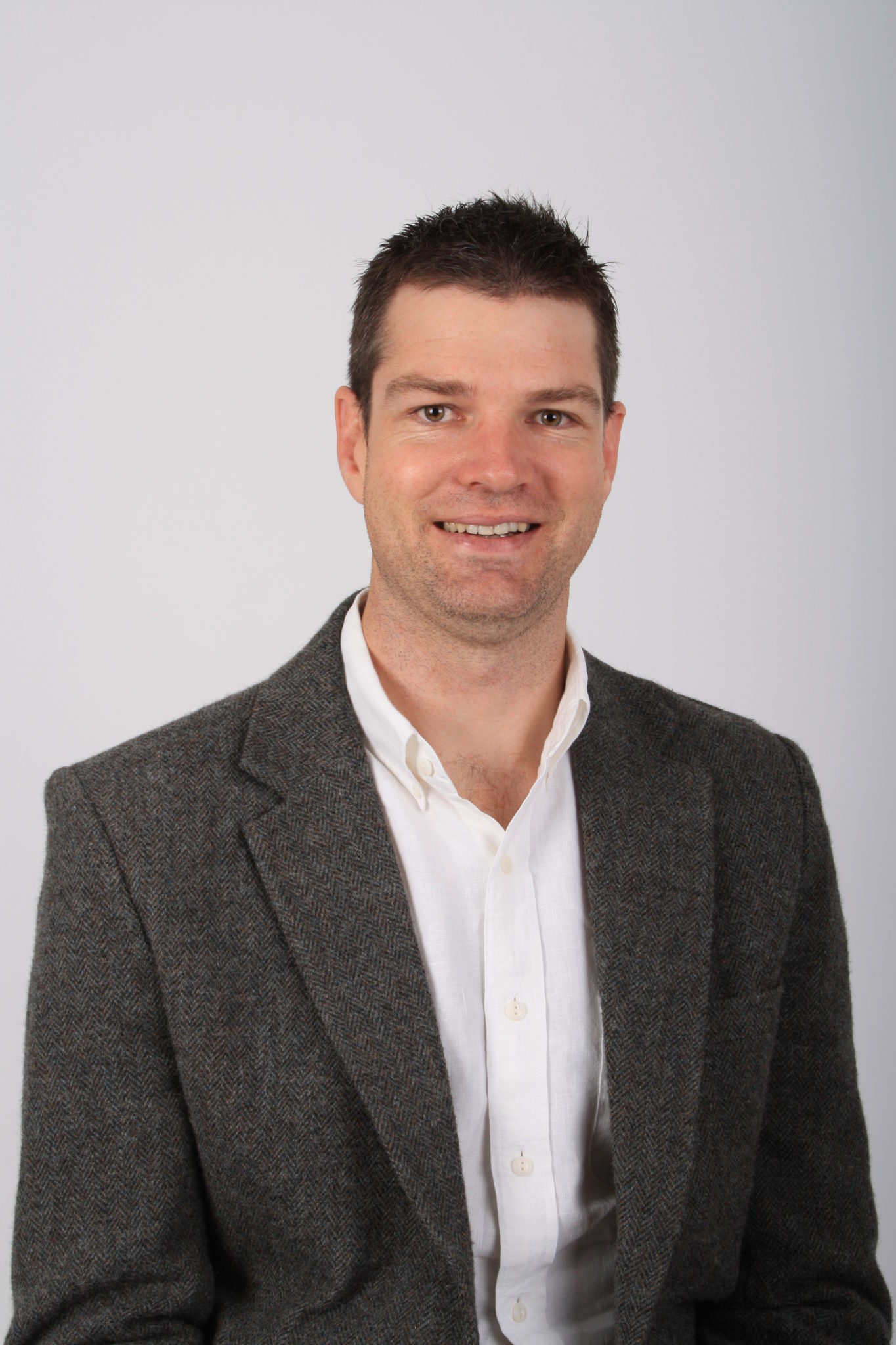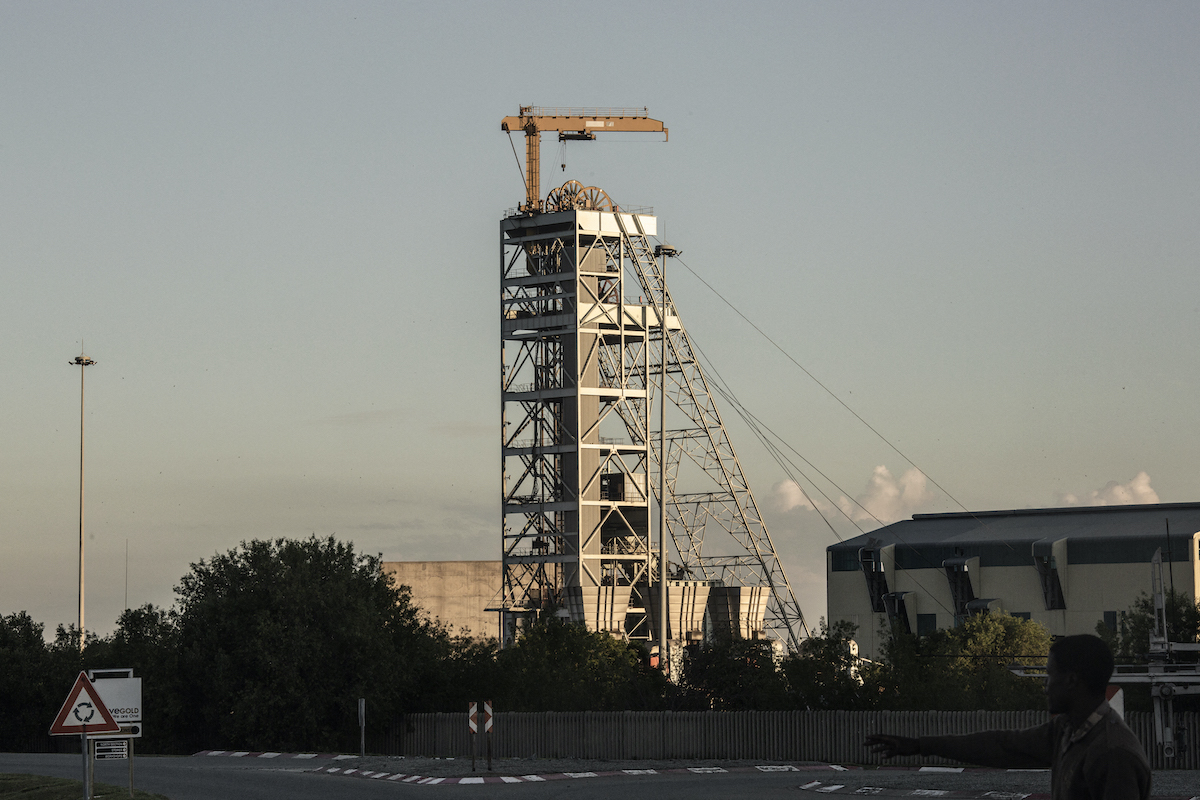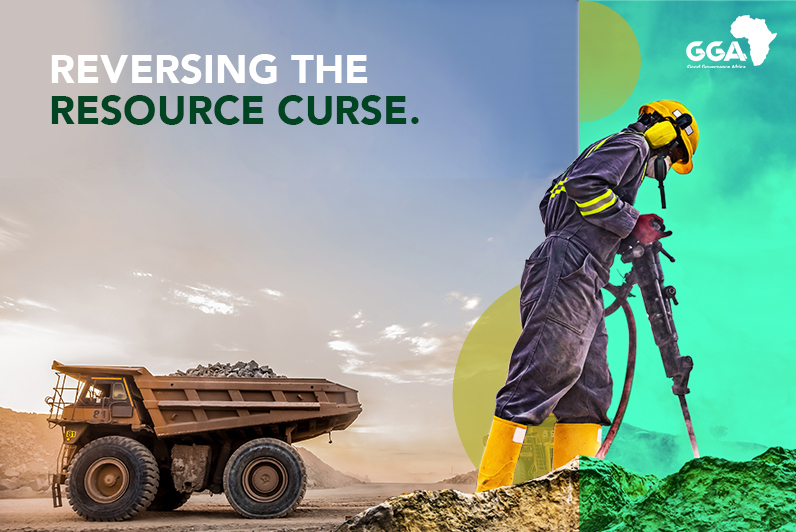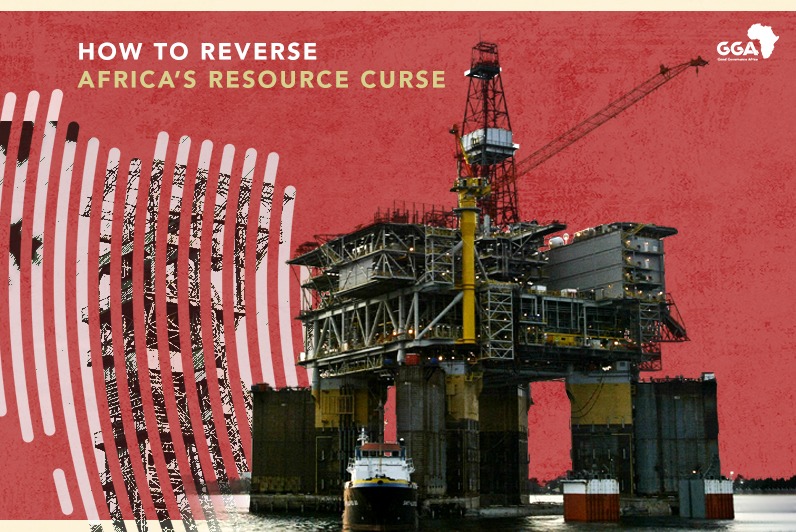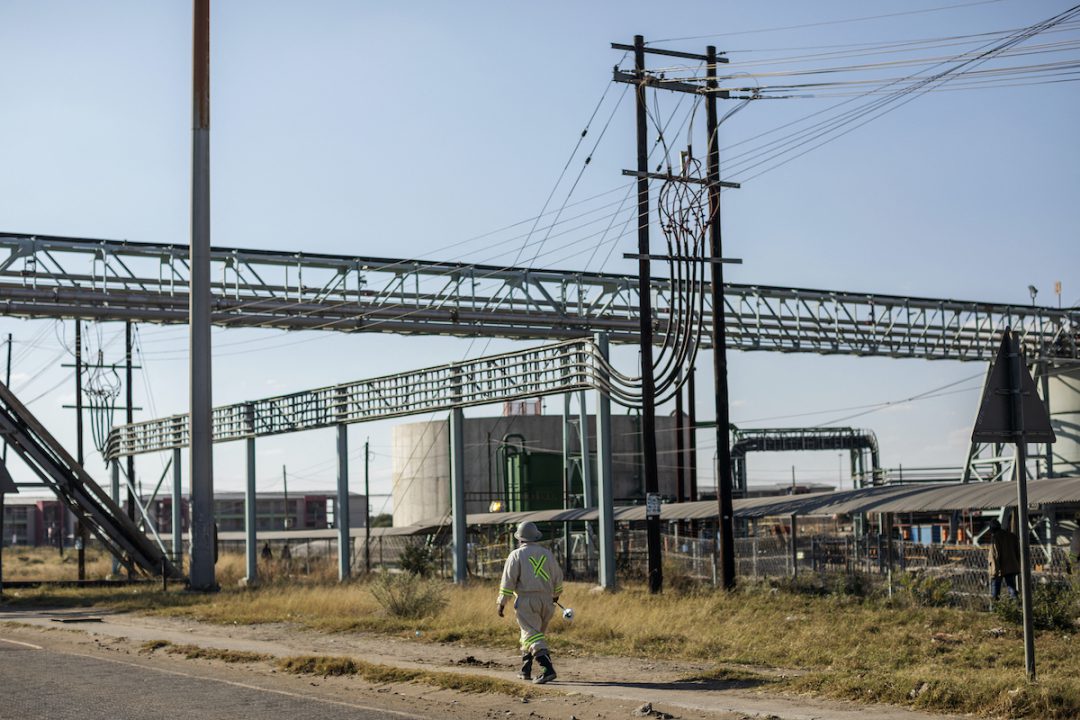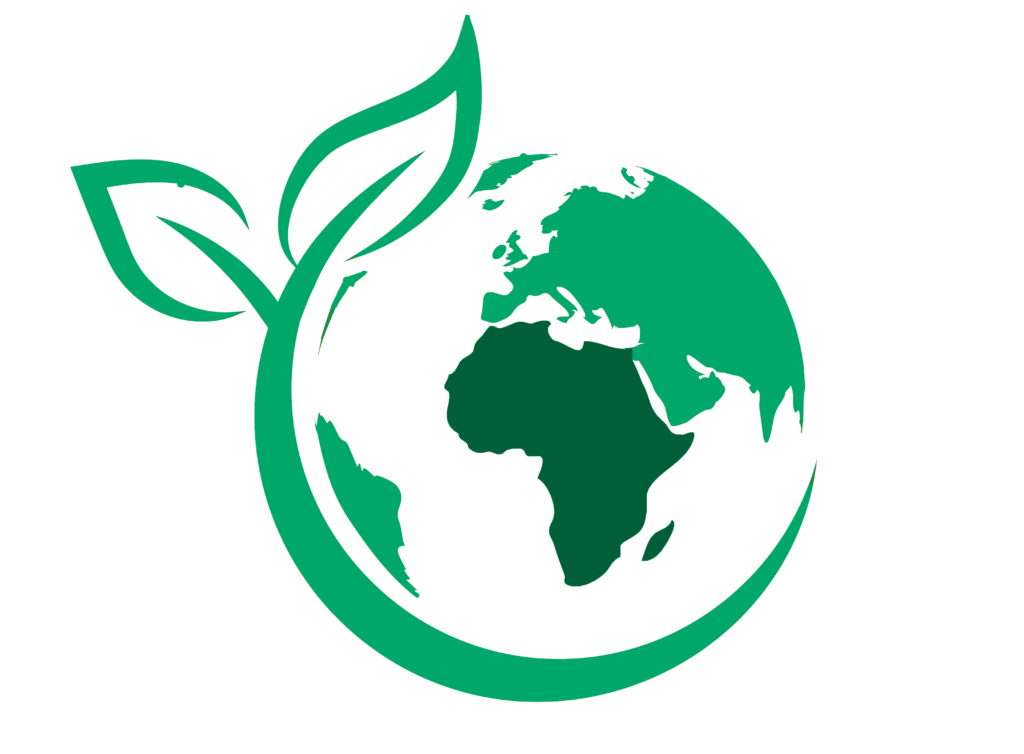 Today is World Environment Day. For a brief moment in time, the world may take some time to reflect on the way in which the ecological systems that sustain us are under threat. Perhaps an inadvertent blessing of Covid-19, too, is that it has exposed deep fragilities in our global systems. Our economic systems, first and foremost, clearly require deep reform. Failing to properly account for ecological degradation has unleashed climate change and viral dark matter, both of which have exacerbated vulnerabilities among the worst off. Ecological economists have been raising the red flag on this front for decades.
Today is World Environment Day. For a brief moment in time, the world may take some time to reflect on the way in which the ecological systems that sustain us are under threat. Perhaps an inadvertent blessing of Covid-19, too, is that it has exposed deep fragilities in our global systems. Our economic systems, first and foremost, clearly require deep reform. Failing to properly account for ecological degradation has unleashed climate change and viral dark matter, both of which have exacerbated vulnerabilities among the worst off. Ecological economists have been raising the red flag on this front for decades.
As we know, human beings are at risk of overstepping several planetary boundaries. These boundaries indicate the limits of what the planet can absorb in terms of anthropogenic impacts. They also interact in sensitive ways, generating risks that overstepping any one boundary may have domino effects on the others, precipitating ecological collapse. Because of these anthropogenic impacts, we are now living through the sixth extinction, compounded by climate change. Radical biodiversity preservation is now a non-negotiable global imperative that will require extensive collective action.
Realising this collective action, however, requires an acknowledgement that humanity has created this diverse set of “wicked’ problems by treating the natural environment as if it is a free good in our economic models. In other words, ignoring the basic laws of thermodynamics has resulted in economic policies that pursue growth in production and consumption without recognising that there are limits to how much growth the planet can handle. It is therefore imperative that we transform our economic models to recognise that no economy is even possible without sustainable ecological foundations.
If Covid-19 is not a catalyst for designing and implementing new economic models that help us to arrive at a more safe and just space in our delicate web of planetary boundaries, it is hard to imagine what could be. Our next edition of Africa in Fact, to be published on 1 July, deals with this very issue and we encourage you to keep an eye out for it!
Dr Ross Harvey is a natural resource economist and policy analyst, and he has been dealing with governance issues in various forms across this sector since 2007. He has a PhD in economics from the University of Cape Town, and his thesis research focused on the political economy of oil and institutional development in Angola and Nigeria. While completing his PhD, Ross worked as a senior researcher on extractive industries and wildlife governance at the South African Institute of International Affairs (SAIIA), and in May 2019 became an independent conservation consultant. Ross’s task at GGA is to establish a non-renewable natural resources project (extractive industries) to ensure that the industry becomes genuinely sustainable and contributes to Africa achieving the Sustainable Development Goals (SDGs). Ross was appointed Director of Research and Programmes at GGA in May 2020.

